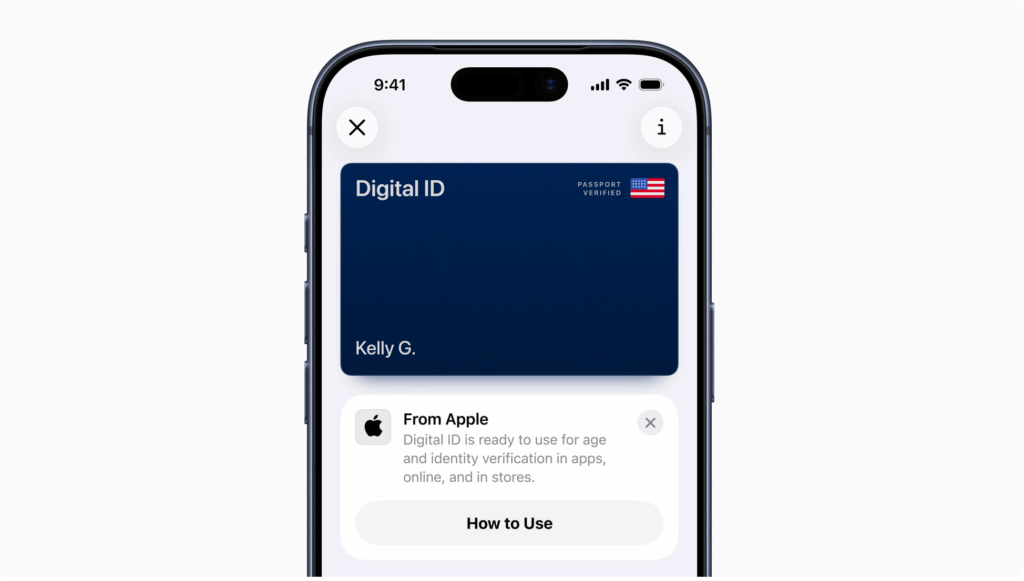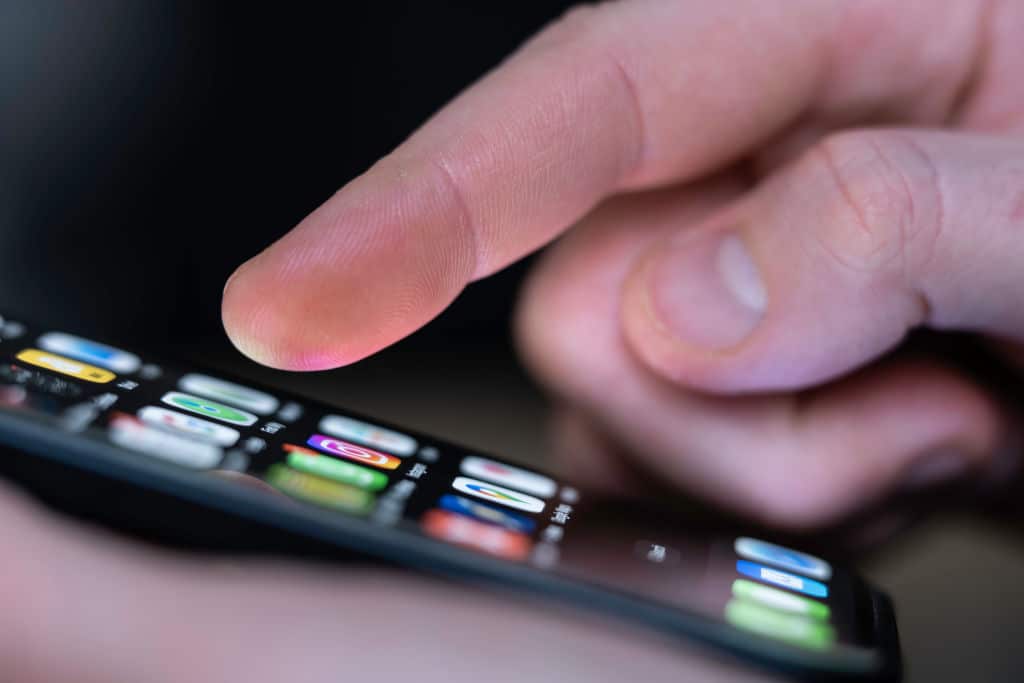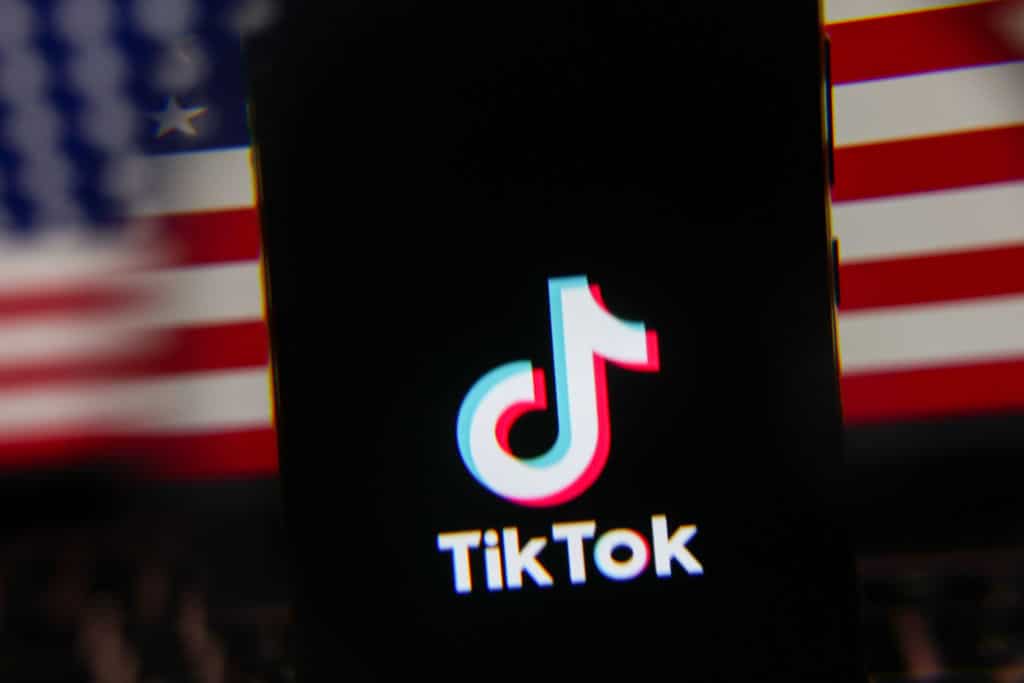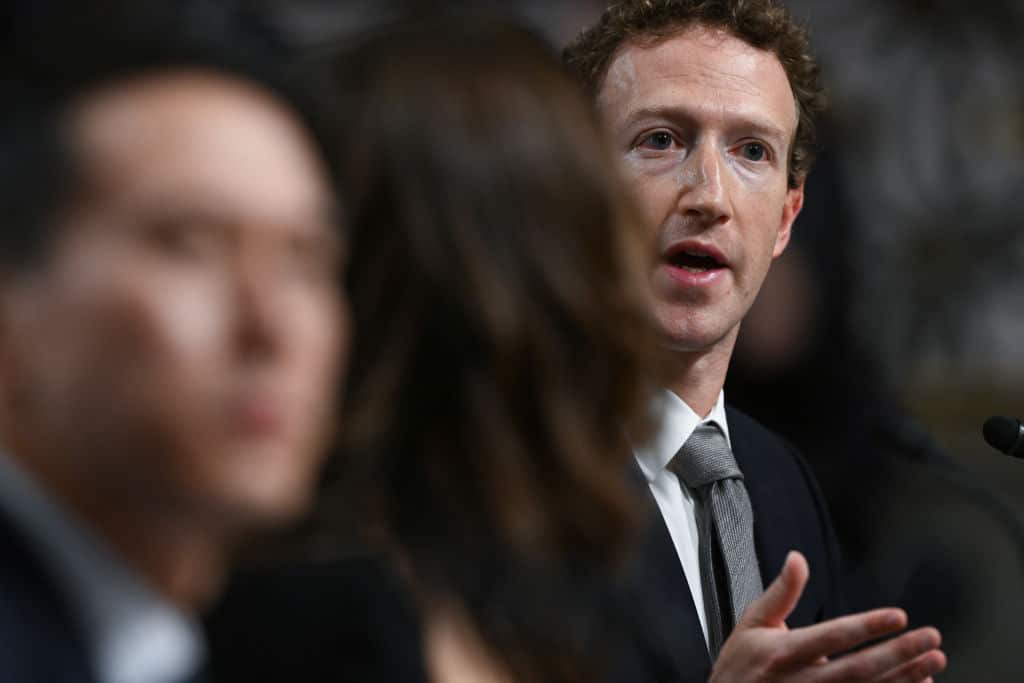apple
Trending on Billboard
ROSÉ and Bruno Mars’ collaboration “APT.” has officially been crowned the biggest song of 2025 across Apple Music.
The track topped the streamer’s year-end Replay ‘25 recap as the most-streamed song globally, most-identified on Shazam, most-spun on radio, and the track with the most-read lyrics of the year.
The hit duet was part of Apple Music’s Replay ‘25 experience, which launched today (Dec. 2) and gives users a deeply personalised recap of their listening habits across total minutes, top artists, genres, and monthly trends — alongside expanded tools for artists and teams to track fan growth and global impact.
Explore
See latest videos, charts and news
Alongside “APT.”, major names like Kendrick Lamar, SZA, Billie Eilish and Lady Gaga also featured heavily across Apple’s full suite of charts. Kendrick and SZA’s joint track “luther” landed at No. 2 on the Top Songs of 2025: Global, with “Die With A Smile” by Lady Gaga & Bruno Mars rounding out the top three.
Apple Music’s Artist of the Year, Tyler, The Creator, also made his mark with “Sticky (feat. Sexyy Red, GloRilla & Lil Wayne)” coming in at No. 42 on the global chart — his first time appearing on the year-end list. Meanwhile, rising stars like Gracie Abrams (“That’s So True”) and Alex Warren (“Ordinary”) landed in the top 10, marking breakout years for both.
Fans can explore their full Replay dashboard in-app, including new monthly breakdowns, loyalty metrics, comeback artists, and All Time playlists based on historical listening data. Artists, meanwhile, can access powerful new insights into their reach, listener growth and performance across Shazam, radio, and playlisting.
To celebrate, Apple Music also launched The Replay Gallery at Miami Art Week — a physical exhibition inspired by the year’s most defining musical moments, with work from artists like Calida Rawles, Henry Taylor, and Jeremy Deller.
More Replay charts, artist dashboards, and playlists are available now via the Apple Music app.
Top Songs of 2025: Global
ROSÉ & Bruno Mars – “APT.”
Kendrick Lamar & SZA – “luther”
Lady Gaga & Bruno Mars – “Die With A Smile”
Kendrick Lamar – “Not Like Us”
Billie Eilish – “BIRDS OF A FEATHER”
Top 100: Shazam
ROSÉ & Bruno Mars – “APT.”
Lola Young – “Messy”
Lady Gaga & Bruno Mars – “Die With A Smile”
Alex Warren – “Ordinary”
MOLIY et al – “Shake It To The Max (FLY) [Remix]”
Top 100: Global Radio
ROSÉ & Bruno Mars – “APT.”
Lady Gaga & Bruno Mars – “Die With A Smile”
Lola Young – “Messy”
Alex Warren – “Ordinary”
Billie Eilish – “BIRDS OF A FEATHER
Trending on Billboard
Sometimes, Christmas comes early and right in time for the holidays, T-Mobile is launching its best iPhone and Galaxy offers of the year. Whether you’re a new or existing customer, families can save up to $1000 on the latest and greatest smartphones with no strings attached.
Explore
See latest videos, charts and news
There are no hidden fees, no trade-in requirements (for some deals), and finally, no surprising price hikes for five years. Whether you’re looking to upgrade your device or gift a family member the new iPhone or Galaxy phone, here’s a breakdown of the best holiday deals from T-Mobile.
T-Mobile’s Holiday iPhone Deals, at a Glance:
Four iPhone 17 “on us” when you switch four lines for $25/line (no trade-in required)
Free iPhone 17 Pro with any-condition trade-in when you switch to an Experience Beyond plan
Up to $1,000 off an iPhone 17 Pro or Air with port on a Beyond plan (no trade-in required)
$830 off an iPhone 17 when you add a new line and port in on Experience More.
Don’t have T-Mobile? If you switch to the carrier and add four lines, you can get the latest iPhone 17 for $25 per line. Again, there are no hidden fees or trade-in required. Just sign up and get your new phone free of charge. The deal is only for a limited time, so act fast to take advantage of this T-Mobile holiday deal.
But that’s not at all. There are a few secondary iPhone deals worth taking advantage of this Christmas season. Customers can get a free iPhone 17 Pro when you switch to an Experience Beyond plan. If you port your number to a Beyond Plan, you can get up to $1,000 off an iPhone 17 Pro or Air. Lastly, when you add a new line and port your number over to an Experience More plan, customers can save up to $830 on an iPhone 17.
T-Mobile’s Holiday Galaxy Deals, at a Glance:
Receive four Galaxy S25 phones “on us” when you switch four lines for $25/line (no trade-in required)
Free Samsung Flip7 & Z Flip 7 “on us” when you sign up for an Experience Beyond or Next plan. No trade on Experience Beyond or Next plans.
If you’re team Android, T-Mobile is offering fantastic Samsung Black Friday deals on their latest flagship phone, the Galaxy S25. For its main deal, customers can get up to four Galaxy S25 phones “on us” when you switch four lines for $25 per line (no trade-in required). Like the iPhone deals, this offer lasts until December 3.
For its secondary offer, customers get a free Galaxy Z Flip7 or Fold7 when signing up for an Experience Beyond or Next plan. This offer is available for a limited time.
Experience plans start at $100 a month for four lines, and T-Mobile’s five-year price guarantee means no surprise hikes until 2030. Each line comes with unlimited talk, text, and data, plus perks like 50GB of premium data and high-speed hotspot access. Customers can also add in perks like Apple TV and Netflix to make this holiday deal even sweeter. In January, Apple TV will no longer be “on us” but instead a $3 charge.
For further details on T-Mobile’s holiday deals, shop here.
Apple / Digital ID
Apple is always looking for ways to make life easier through your iPhone, of course. The company’s latest idea, Digital IDs, isn’t going over as well as Apple hoped.
Apple has officially rolled out a Digital IDs feature that will allow users to create and add an ID to their Apple Wallet using their US passport.
The tech giant says the Digital ID acceptance will “roll out first” at TSA checkpoints for domestic travel in over 250 airports.
Apple says Digital ID can serve as an alternative for travelers who have yet to upgrade to a Real ID, and you can present it at TSA checkpoints using your iPhone or Apple Watch.
However, you’ll still need to hold on to your passport for international travel, as a Digital ID cannot be used for traveling abroad or for border crossings.
Apple Has Already Pushed The Idea of Putting Your ID on Your Smartphone
The Digital ID isn’t the first time Apple has toyed around with the IDs. Apple is already allowing users in 12 states, including Puerto Rico, to store their driver’s licenses/IDs, but Digital ID gives those outside those states an alternative to Real ID.
Social Media Is Skeptical
The announcement of the Digital ID isn’t going over well with everyone, sparking major privacy concerns, especially among those who already feel “big brother” is watching them through their phones.
“Well, Apple just rolled out “Digital ID.” The surrender of privacy is about to hit warp speed. This is step one of your digital leash, gift-wrapped as convenience. Once it’s “normalized,” it’s irreversible. Then it’s “optional.” Until it’s not,” one post on X, formerly Twitter, read.
Others are stressing that this is even more reason for you not to hand over your smartphones to law enforcement.
Well, it’s entirely up to you whether you want to participate in this feature. We can recall a time when it was frowned upon to put your credit cards in your phone, but now tap-to-pay is one of the most widely used features on smartphones and smartwatches.
It’s entirely plausible that Digital IDs will become popular over time.
Until then, you can see more reactions below.
Apple / iPhone Air
Apple tried something different with the iPhone Air, and according to reports, the company’s latest smartphone flopped.
Spotted on MacRumors, via The Information, the ultra-thin and very light iPhone Air sold poorly. It did so badly that Apple is delaying the next version of the iPhone Air that was supposed to be announced alongside the iPhone 18.
The website notes there have been numerous reports of poor sales and cuts in manufacturing.
Per MacRumors:
Apple’s supply chain has scaled back shipments and production. Apple supplier Foxconn has reportedly dismantled all but one and a half of its production lines for the iPhone Air, and all production is expected to be stopped at the end of the month. Luxshare, another supplier, stopped production at the end of October.
The company Steve Jobs built was counting on the iPhone Air’s unique design to spark excitement among Apple smartphone enthusiasts.
It appears to have accomplished the exact opposite, and that could be due to many design choices.
Due to its very slim design, many compromises had to be made, such as a smaller battery and a single rear camera. Yet the smartphone still had a hefty $999 price tag, which was definitely a turnoff for Apple smartphone users.
It seems like Apple fans felt it didn’t make sense to buy the iPhone Air when they could get the iPhone 17 Pro for $1,099, which offers a better triple-camera system and longer battery life.
The iPhone Air Is Looking Like Another Flop For Apple
It’s looking like the iPhone Air will sit right next to the iPhone Mini, Apple’s other attempt at selling a fourth model alongside the iPhone and iPhone Pro models, as an apparent failure.
According to MacRumors, Apple is still pushing to drop its first foldable smartphone alongside the iPhone 18 and iPhone Pro 18 in 2026.
We will be interested to see how well the foldable sells for Apple.
You can see reactions about the iPhone Air reportedly flopping below.
Apple approved Spotify’s app update in the U.S. on Friday (May 2), marking “a significant milestone for developers and entrepreneurs everywhere who want to build and compete on a more level playing field,” according to the streamer.
The announcement followed the news that a judge told Apple to stop collecting a commission on some app sales. “After nearly a decade, this will finally allow us to freely show clear pricing information and links to purchase, fostering transparency and choice for U.S. consumers,” Spotify wrote in a blog post. “We can now give consumers lower prices, more control, and easier access to the Spotify experience.”
Epic Games, the company behind the wildly popular game Fortnite, sued Apple over its App Store policies — which ensured that Apple took a 30% cut of any payments — in 2020.
Trending on Billboard
Epic Games was not the only company that disliked this arrangement: Horacio Gutierrez, Spotify’s chief legal officer, said in 2020 that Apple “acts as the stadium owner, referee and player, and tilts the playing field in favor of its own services.”
The following year, Yvonne Gonzalez Rogers, a judge in the U.S. District Court for the Northern District of California, ruled that Apple had violated the state’s laws prohibiting unfair competition.
Despite that ruling, the same judge said this week that Apple put a new system in place that required apps with external sales to pay a 27% commission. The company “sought to maintain a revenue stream worth billions in direct defiance of this court’s injunction,” the judge wrote.
The judge demanded that Apple stop collecting that commission. “We strongly disagree with the decision,” an Apple spokeswoman told The New York Times. “We will comply with the court’s order, and we will appeal.”
Spotify hailed the development as “a great day” for its U.S. users. “The ruling made it clear that Apple deliberately abused its market power to intentionally harm others and benefit only itself,” the company wrote.
Moving forward, Spotify said U.S. users will now have visibility into “pricing details on subscriptions and information about promotions that will save money,” have the option to pay for subscriptions outside of Apple’s system, and have the ability to easily upgrade from their account or change their subscription plan.
“The fact that we haven’t been able to deliver these basic services, which were permitted by the judge’s order four years ago, is absurd,” Spotify added.
HipHopWired Featured Video
Source: NurPhoto / Getty
Shareholders at Apple rejected a proposal to end its diversity, equity, and inclusion program despite pressure from Republicans and President Donald Trump.
On Tuesday (Feb. 25), shareholders at Apple voted to reject a proposal to end the tech giant’s diversity, equity, and inclusion program. The proposal was presented by the conservative think tank known as The National Center for Public Policy Research. The group was hoping to coerce Apple to eliminate its DEI policies, using the agenda of President Donald Trump as an example to follow. The final tally was 8.84 billion votes to reject the proposal, with 210.45 million votes for it.
“We’ve never had quotas or targets for Apple. Our strength has always come from hiring the very best people and then providing a culture of collaboration, one where people with diverse backgrounds and perspectives come together to innovate,” Apple CEO Tim Cook said in a question and answer session at the meeting. He did acknowledge the pressures from Trump and other GOP supporters, adding that “as the legal landscape around these issues evolves, we may need to make some changes to comply, but our North Star of dignity and respect for everyone and our work to that end will never waver.” Apple disclosed in 2022 that three-fourths of its workforce were white and Asian, and two-thirds of the workforce were men. Its DEI policies are concentrated on initiatives that aid Black entrepreneurs and others of color, created in the wake of the killings of George Floyd and Breonna Taylor in 2020.
The National Center for Public Policy Research also presented a similar proposal to Costco Wholesale last month, which the shopping giant also rejected strongly. Despite companies such as Meta and Google rolling back some of their DEI initiatives, it’s estimated that roughly half of the corporate leaders surveyed since Jan. 20 about eliminating those programs are not planning to follow suit.
President Trump wasn’t pleased with Apple’s decision, blasting them in a Truth Social post: “Apple should get rid of DEI rules, not just make adjustments to them. DEI was a hoax that has been very bad for our country. DEI is gone!!!” The National Center for Public Policy Research’s proposal to Apple cautioned that they could be subject to lawsuits by the Trump administration, but Cook signaled that Apple is forming legal protections.
HipHopWired Featured Video
Source: picture alliance / Getty / Apple
This iPhone issue doesn’t sound like a bug to us, but Apple is treating it as such. A viral TikTok video shows the iPhone’s dictation tool displaying Trump when someone says “racist.”
Spotted on The Verge, Apple is aware of the so-called bug after the viral TikTok caught fire on social media on Tuesday. In a statement to both the New York Times and Fox News, the company confirmed the bug: “We are aware of an issue with the speech recognition model that powers dictation, and we are rolling out a fix as soon as possible.”
The Verge has tried to reproduce the bug, but it did not happen during their attempts.
According to Apple, the issue involves what the company describes as a “phonetic overlap” between “Trump” and “Racist.” However, according to someone who was part of the Siri team, this smells like a well-orchestrated prank from someone who worked at Apple.
Per The Verge:
The company told Fox News that other words with an “r” consonant are also occasionally affected. But John Burkey, who formerly worked on the Siri team at Apple, told the Times that Trump’s name appearing “smells like a serious prank” that could have been purposefully carried out by someone internally.
Apple is seemingly scrambling to fix the issue because it happened after Apple announced it would be investing $500 billion in the United States to help alleviate the pain Orange Mussolini’s stupid tariffs will inflict on the company.
There is already a 10% tariff on imported goods from China and a 25% tariff on chips coming into the United States.
Also, Tim Cook already kissed Donald Trump’s ring, personally donated to Trump’s inauguration fund and attended the sh*t show.
HipHopWired Featured Video
CLOSE
Source: NurPhoto / Getty / TikTok
TikTok is back in the Apple Store and Google Play stores for US users.
The popular social media platform officially returned to Apple’s App Store and the Google Play store for US users on Thursday after the companies removed it on Jan.19.
A federal law banning TikTok as of Jan.19 because TikTok’s Chinese-based parent company, ByteDance, failed to divest its ownership of the app forced both companies to pull it from their US stores. Failure to adhere to the law by still hosting or distributing TikTok in the US would result in penalties, $5,000 per user or $850 billion in fines because the platform boasts it has 170 million US users. Hence, it’s not surprising both companies yanked the app from their stores.
TikTok gained an ally in Donald Trump, who initially spearheaded the app’s banning before he lost his reelection bid to Joe Biden. Unfortunately, after returning to the White House, Felon 47 signed an executive order on Jan.20 instructing his Attorney General, Pam Bondi, not to enforce the ban for 75 days.
The executive order also instructed Bondi “to issue a letter to each [TikTok] provider stating that there has been no violation of the statute and that there is no liability for any conduct’ as of Jan.19 throughout the 75-day extension.
According to Bloomberg’s report, Bondi sent Apple and Google letters on Thursday.
In a blog post, TikTok celebrated its return to both stores: “The TikTok app is now available for download from the App Store and Google Play. Our U.S. users can download the latest version of our app and continue to create, discover, and share what they love on TikTok.”
How The TikTok Ban Jig Played Out
What a turn of events following TikTok’s loss in its appeal to the Supreme Court, claiming the ban was in direct violation of the First Amendment.
Following the court’s decision, TikTok shut down on Jan.18, a day before the ban was supposed to start, before restoring service after Donald Trump vowing not to enforce the ban. When US users opened the app, they were greeted by a message telling them the app was back thanks to Orange Mussolini.
Users on X, formerly Twitter, have been reacting to the app’s return to the Apple Store and Google Play store; you can see those reactions in the gallery below.
1. Serious question
5. Accurate
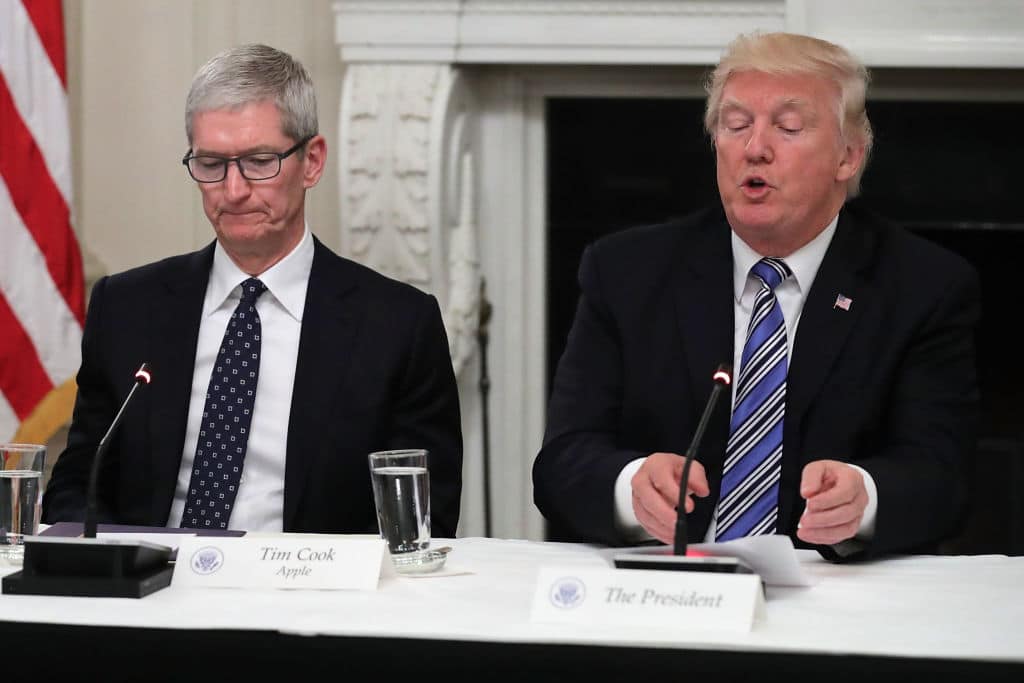
HipHopWired Featured Video
CLOSE
Source: Chip Somodevilla / Getty / Apple / Tim Cook
You can now add Tim Cook to the growing list of big tech CEOs who have decided to kiss the orange menace, Donald Trump’s ring.
Donald Trump just got $1 million from Tim Apple, oops, we mean Tim Cook, for his upcoming inauguration, Axios exclusively reports.
According to the website, Cook will personally donate the money to President-elect Donald Trump’s inaugural committee, according to sources close to the matter told Axios.
Axios reports the donation “reflects a long, collaborative relationship between Trump and Cook that included many meetings during Trump’s first term, and dinner at Mar-a-Lago last month.”
Sources told Axios that the Alabama native’s reasoning for the $1 million donation is that he believes the inauguration—which Trump famously skipped out on because he’s a sore loser and pushed the big lie that the 2020 election was stolen from him—continues to be a great American tradition, and his generous gift is in the spirit of unity.
Axios also notes that Apple, a massive contributor to the US economy and the largest taxpayer in the country, will not be sending Orange Mussolini any money.
Cook joins other big tech CEOs, such as Amazon’s Jeff Bezos, Meta’s Mark Zuckerberg, Uber, and OpenAI CEO Sam Altman.
Tim Cook Is Getting Cooked
While he means well, social media is not trying to hear about “unity,” especially regarding the divider-in-chief who makes it his business to sow discord and push conspiracies.
Senator Elizabeth Warren didn’t bite her tongue to the news, writing in a post on X, formerly Twitter, “It’s no secret why Apple’s CEO is sucking up to Donald Trump: Republicans are planning more corporate tax cuts that would give Apple an extra $2.7 billion in handouts.”
It’s no secret why Apple’s CEO is sucking up to Donald Trump: Republicans are planning more corporate tax cuts that would give Apple an extra $2.7 billion in handouts. https://t.co/mzMM3tl2WT
— Elizabeth Warren (@SenWarren) January 4, 2025
https://platform.twitter.com/widgets.js
Warren is not alone in cooking Tim Cook on X. The gallery below shows more reactions.
1. We all collectively considered chucking our iPhones at the news of Tim Cook’s donation
2. A worthy headline to perfectly describe what is going on
3. Damn Tim, they calling you a sellout
6. Ruh Roh
7. It might be

 State Champ Radio
State Champ Radio 
